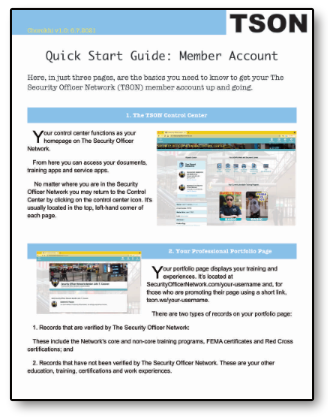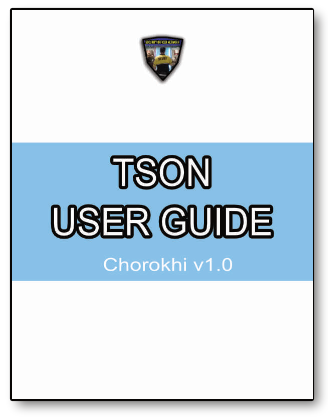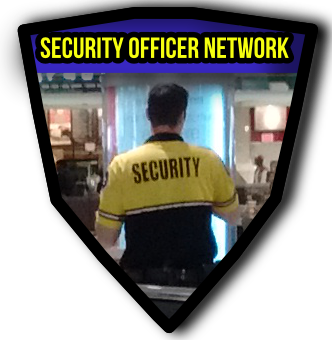If you follow certain economic experts, you will know that some believe we are at the intersection of: "there's a labor crunch, no one wants to work an actual, real job, employers are desperately trying to hire" meets "it's a deep recession and no one is hiring."
That's perhaps why this is the PERFECT time to get your security guard card.
In August, the annual Robert H. Perry White paper on the U.S. Contract Security market found that a shortage of labor is resulting in an increase of overtime pay: "All the (security agency) owners we interviewed indicated they were still having labor shortages even though they have had to increase guard pay $3 - $8 per hour to compete . . . resulting in an immediate hit to the bottom line."
The industry's inability to find employees appears to have created a rapid promotion cycle, especially within the large corporate security providers.
This has led to reports such as: "I became a security supervisor in just three weeks."
Now, I wouldn't normally say that you should get a guard card and go work for the large corporates, but, if they are going to make you a supervisor after just three weeks, this provides a big benefit to you.
Here's just one example of why this matters.
Let's say that you get all caught up in this "the security industry is the future" thing that is always being talked about at The Security Officer Network. Maybe, at some point in the future, you will want to create your own new agency and get security clients of your own. Before they will give you an agency license, some states may require you to have a certain amount of supervisory experience such as two years of management or a supervisory role over the actions of other licensed officers.
You might not especially enjoy your time as a security drone at a big corporate, but if 99% of it is spent as a supervisor, then before you know it, you will have the experience necessary to get agency licensing, and, as a bonus, you will be able to show off a good-looking personal resume to your first clients: "I was a supervisor for the largest security provider in the United States. I think I can handle your site."
And don't discount the value of the experience you will receive at the big corporates. You will learn how to staff a site and analyze the strengths and weaknesses of security officers. These observations will prove vital when making the hiring decisions as the owner of your own agency.
This logic works for other use cases as well; from security consultant to personal protection agent, supervisory experience has its benefits to your resume—even if it is the sometimes mind-numbing work of a corporate security supervisor.
Maybe you are not yet convinced to become a security professional, ok, fair enough, but consider this:
Security is the perfect contingency plan. It doesn't matter how bad the economy gets in the next few years, so as long as you follow the Security Officer Network's Rule #1: "Never take on more expenses and debt than can be paid off on the unarmed security officer's salary—then you are always, more likely than not, going to be just fine."
That's because, unless you commit a crime, or maybe fail a substance test, there's almost always going to be a security post with your name on it. And, more likely than not, if you so request, that post will be an out of the public view, easy-going, and a no stress assignment where you can study, develop your resume and research for your next career or job. Think of these posts as the ultimate job hack. They are "quiet quitting" where the boss is actually cool with "quite quitting." You are just there because the corporates who run the place, in order to meet insurance requirements, must keep a live, breathing person on site at all hours of the day.
So, even if you are gainfully employed, but aren't sure how long your current job will survive in the upcoming downturn, consider getting that guard card, just as a backup plan.
But, very importantly, keep this in mind: As the local-level public safety agencies continue to collapse in their financial viability and their motivation, there's almost certainly guaranteed to be new demand for the services of professional private security providers. To see our future one only needs to look at South Africa and the collapse of their public safety sector and the impact it has had on the private security industry. Like it or not, South Africa is likely our future! And, that's an opportunity for those who are entering into the industry for the long term.
So, while you are getting paid to sit around and try to figure out what to do next, you might just decide to stay in security and to actually do it for real, with a real assignment as an actual, truly professional, security provider.
If you think you might be interested in working in security then consider joining us at The Security Officer Network, the professional security officer's status symbol of choice.



